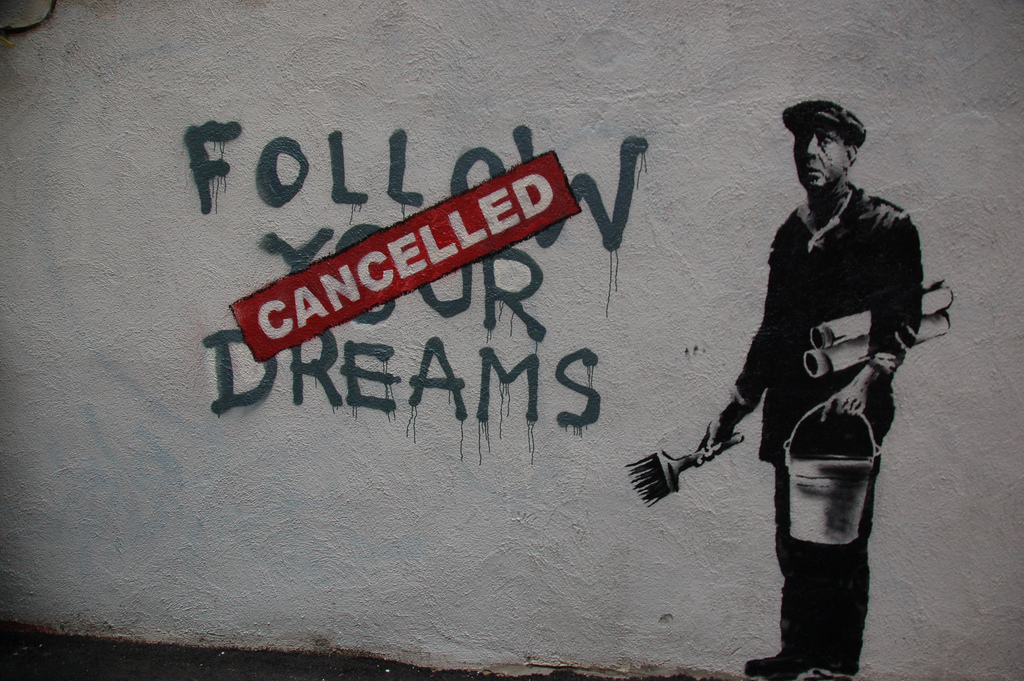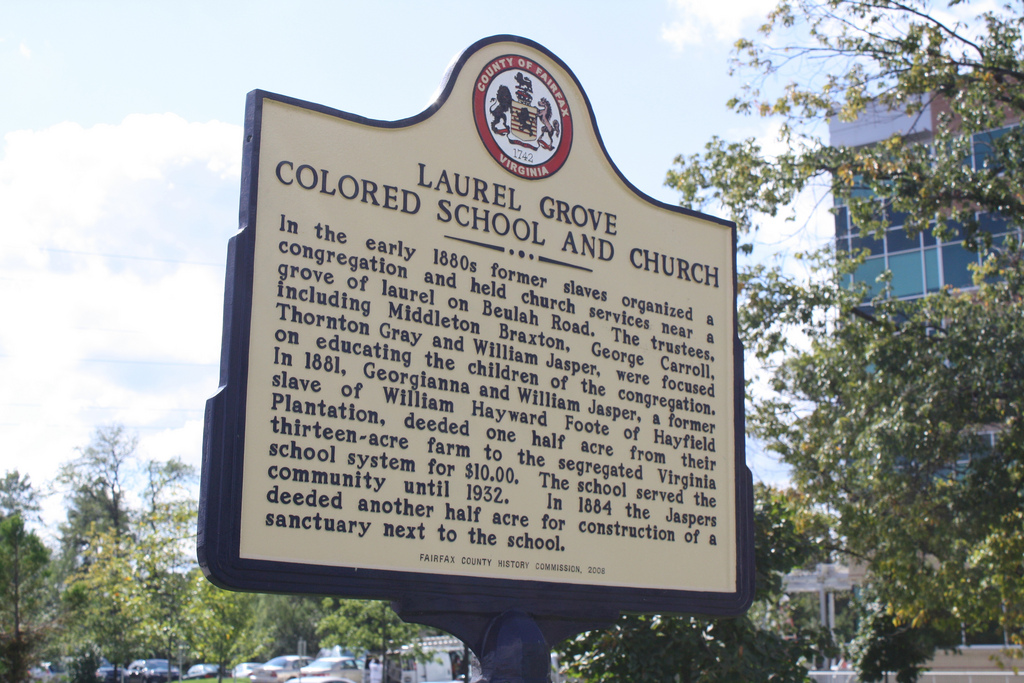
Privileged America often turns a blind eye to the less privileged. How many people earning over $75K are really concerned about the masses of individuals earning less than $20K, $10K…one dollar? Whenever there is a discussion among middle-to-upper-class Americans about the disadvantaged, the mindset is often that everyone has the same potential and opportunity. One is true and one is not so accurate. True, from birth, everyone who enters the world in good physical and mental health has unlimited potential; but a young person’s environment can tremendously influence whether or not that potential is realized, stifling opportunity.
Opportunity, unlike potential, varies. It does so based on a host of factors, which include but are not limited to: Household income, available educational systems, diversity, parental involvement, and community involvement. The first factor, household income, is most important because it holds the key to living in areas that contain better education systems. Looking at the area in which I live–the DMV (DC, Maryland, and Virginia)–boasting some of the most highly-regarded school systems in the nation, one would think that simply moving to one of these counties would allow their children to benefit from the school systems located there. That may be true, if you can afford it.
The property values and rent rates are so astronomical in the DMV that only the wealthy can truly afford to live there–those who are educated and have professions that pay very well. How did they receive such education? Likely because they too grew up in an exclusive area, where there were good education systems, cultural diversity, parental involvement, etc.

Of course, there are always exceptions to every rule. Every so often, one of us (socially disadvantaged minorities) cracks the code by either divine intervention, hard work and determination, rare talent, pure luck, or some combination of the aforementioned. But we crack it. If we earn enough income, we can afford to raise our children in the exclusive areas, provide elevated education, and allow them a college education where they can major in a profession that actually allows them to earn an income so they too can raise the next generation in an exclusive area. Again, this only happens for a few of us. Most of us are on the outside looking in–stuck in our economically depressed areas of town and only afforded the educational opportunities that area provides. Why is this case for so many of us? Because for generations this way of living is all we’ve known. We are quarantined to poverty. The neighborhoods are poor so the schools are poor so our outlook is poor. Our future? See prologue.

Worthy Digression: For the few of us who do hack the social system, we are so happy to see daylight in the way of being able to afford a better life that we often lose sight of how to maintain our success for future generations. Our problem is a lack of foundation. We allow our kids to go to college and major in Sociology, African American Studies, or whatever easy liberal arts major they can finish because we just want them to get that “piece of paper.” We have to teach them that going to college is more than achieving a piece of paper. We must teach our youth to obtain a meaningful education. That piece of paper should indicate a focus on Science, Technology, Engineering, or Mathematics (STEM). When our children are not properly guided, their exposure is wasted. Do we want a generation of minorities mindlessly pursuing “pieces of paper” simply because they were instructed to do so? If we don’t provide tactical focus on what to pursue when they go to college, our course may remain unchanged. What good is our initial social hack if it fails future generations?
“We want in! We want to go from having equal “potential” to equal opportunity! Let us be truly equal.”
Back to the original focus: How can we create a better, more equitable system for learning? How can we expose my young men and women from West Baltimore, PG County, and Anne Arundel County to the same quality educational systems located in Fairfax, Louden, and Montgomery Counties? Can we do with education what the President is attempting to do with the Affordable Healthcare Act, aka Obamacare? Is it fair that only privileged children are exposed to exclusive public education?
We want in! We want to go from having equal “potential” to equal opportunity! Let us be truly equal. I mean for real. Not just the cosmetic desegregation we were sold in 1964; we only enjoyed the illusion of equality for a moment. When white America abandoned urban areas in response to desegregation they took educational equality with them. We want that. It was the entire point. In many ways–including opportunity–we are segregated again. This time, however, there isn’t much we can do because the law says we are equal and I guess we just have to accept that…
We can’t accept that. Let us in! Or come to us. We don’t have to move to your neighborhoods. Simply bring the high caliber schools to West Baltimore, PG County, South Cobb, South Fulton, and other minority communities in the country. Rural areas like I’m from in South Carolina don’t see as much of the disparity because our limited size forces us all to go to the same public schools, but I’m not sure how long that will last. Pour more money into our minds and let us have a real shot at an equal future–a positive thing for us all! If you want to truly see our potential, increase our opportunity.
Let’s all be enlightened.




Leave a Reply